__primary.png?v=1706550069)
February 2024 Wallace’s Farmer MarketPlace Extra
I get the chance to speak to many groups about farmland, and each time, I am asked about what drives the land market. There are many underlying factors that can impact land values from area-to-area, including special uses and development factors.
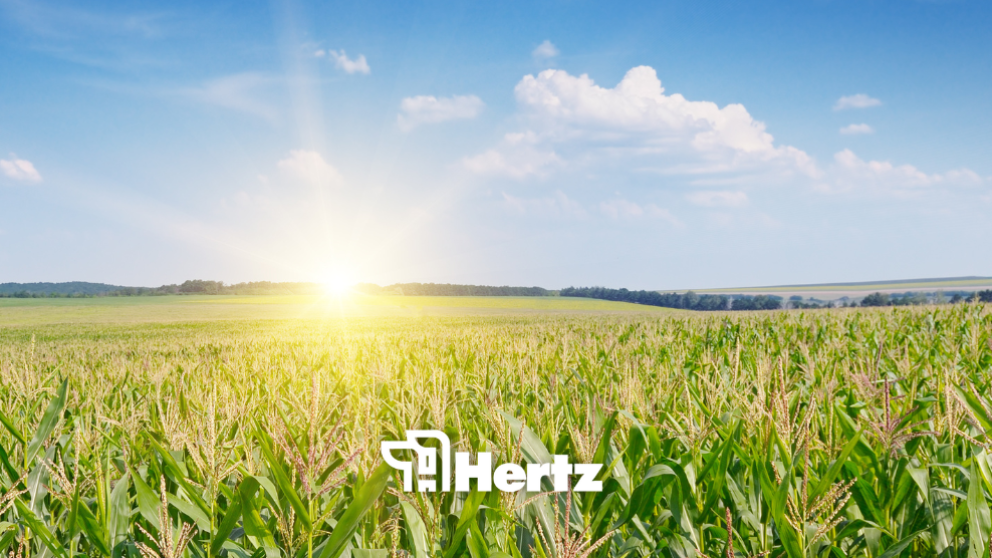
Recent Hertz Sales Continue to Surpass Expectations
Land Auction Recap! From Iowa, Illinois, and Minnesota, discover the recent farm sales featuring diverse parcels and hybrid auctions.
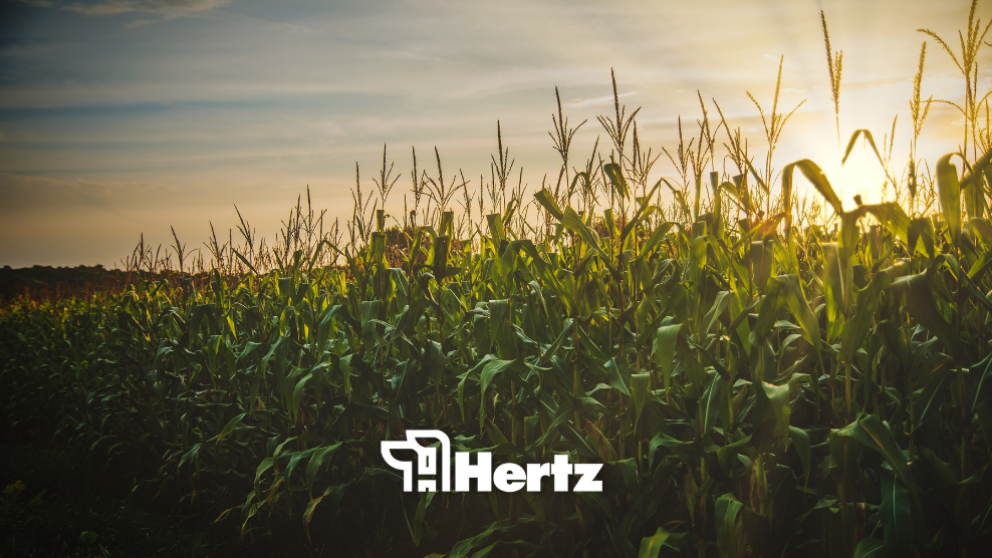
Land Values Moderate as Farm Economy Slows
In the Midwest, farmland values in the Chicago Federal Reserve district, were mostly flat after July 1, with agricultural bankers reporting only a 1% increase from July 1 to October 1.
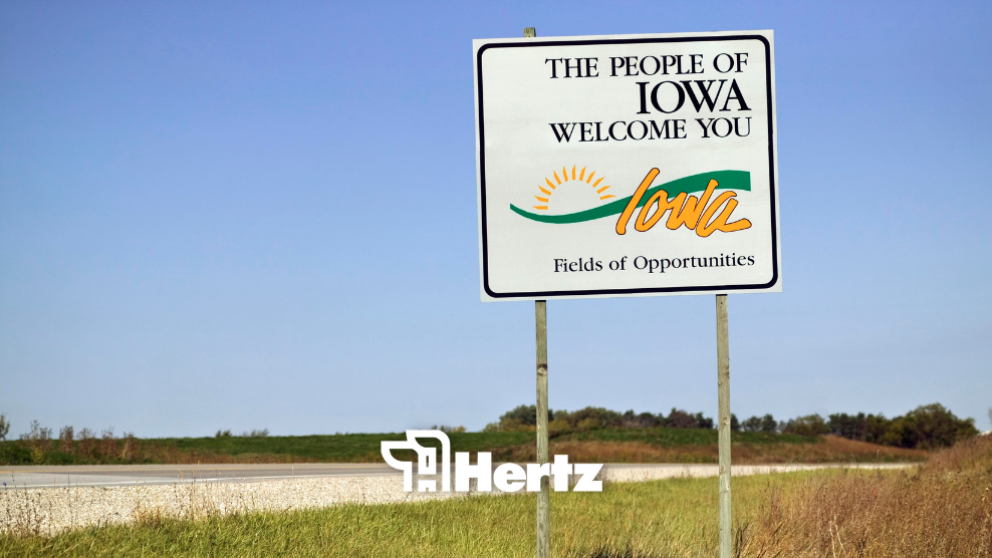
Iowa Farmland Hits New Peak in 2023, Pace Slowed
ISU’s survey of bankers, real estate professionals, appraisers, professional farmland managers and others reported a statewide average for high quality land at $14,296 per acre, up 3.5% for the year
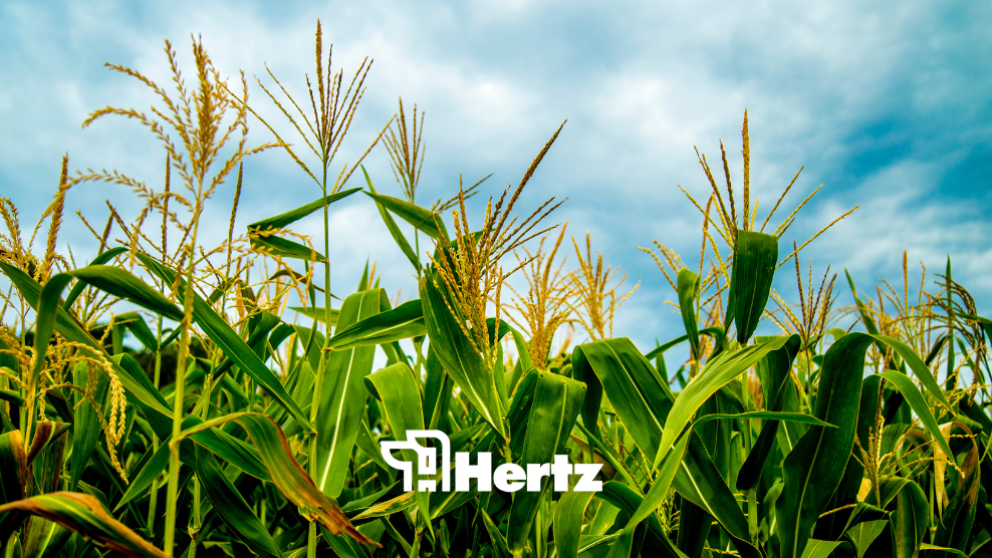
Farmland Values Still Strong, But Upside Limited
After a wild two-year stretch from mid 2021 to mid- 2023, Hensley expects land sales volumes to transition back to something more normal. “We saw more ‘elective sales’ the past couple years... Now, we’re getting back to more normal volume,” Hensley reports. Less property for sale supports stable farmland prices.
__primary.png?v=1703685399)
January 2024 Wallace’s Farmer MarketPlace Extra
Each new year always brings hopeful optimism for those in agriculture. We budget and plan based on realistic outcomes and 10-year APHs, but we drive and nurture to outperform those estimates... as I apply that same exercise to the land market, what can you expect for 2024?
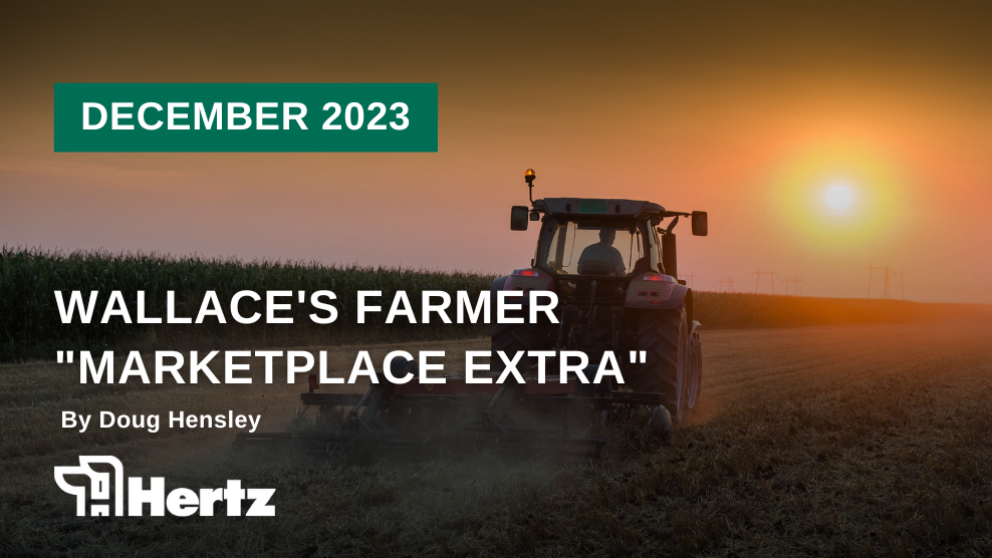
December 2023 Wallace’s Farmer “MarketPlace Extra”
While most of Iowa struggled through drought conditions this summer, harvest somehow produced pleasantly surprising results in more areas than expected. Generally solid yields will support stable rents for 2024. And most operations will have profits from 2023, albeit smaller than the past couple of years.





